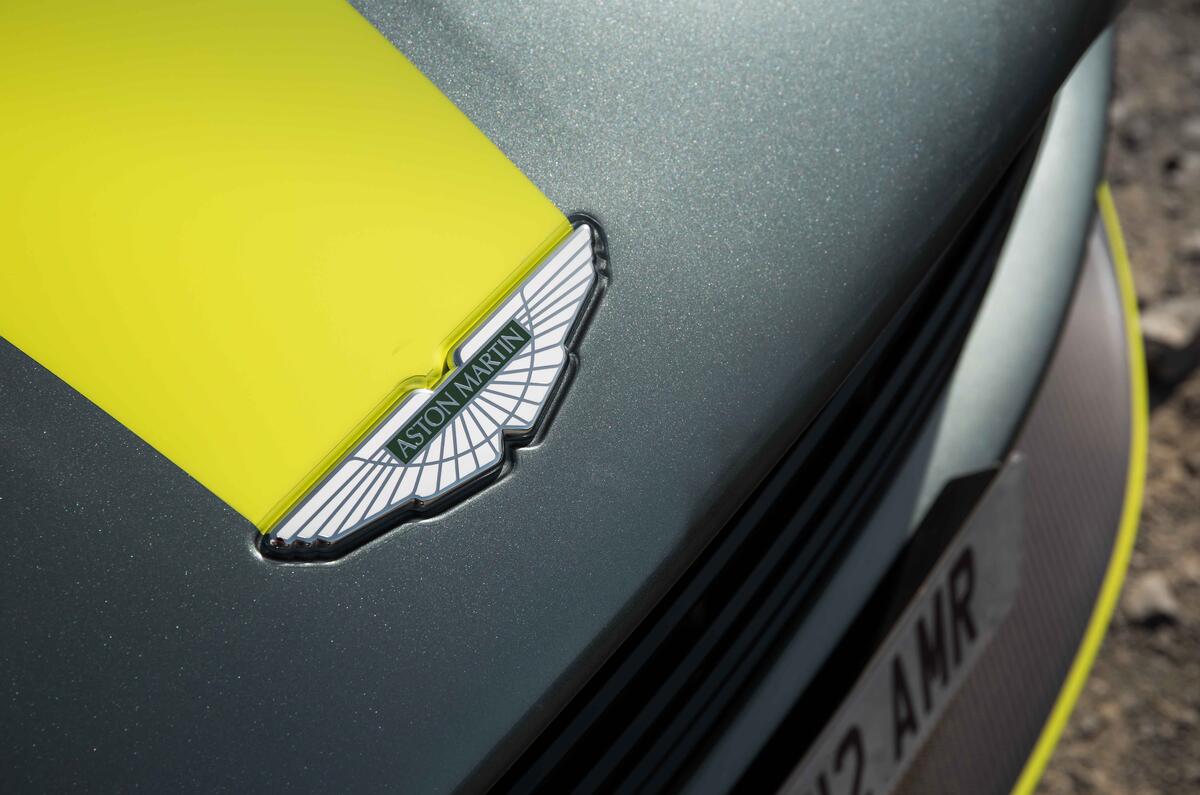A consortium led by billionaire Lawrence Stroll has bought a 16.7% stake in Aston Martin for £182 million - sparking a major revamp of the firm's future product plan.
The deal, confirmed this morning through a filing with the London Stock Exchange and exclusively revealed by Autocar last year, also includes a £318 million cash infusion through a new rights issue, giving the British car maker a £500 million boost.
Stroll also owns the Racing Point F1 team, which under the terms of the new deal will be rebranded as the Aston Martin F1 works team from 2021 onwards. Aston has pledged to launch its Valkyrie hypercar this year, committed to a revised mid-engined car strategy and revealed it will delay the launch of its electric vehicles, including the relaunch of the premium Lagonda brand, until after 2025.
Aston Martin deal at a glance
- Lawrence Stroll leads investment consortium, becomes Aston Martin chairman
- CEO Andy Palmer stays on
- Job and cost cutbacks to follow
- Aston business plan revised
- Valkyrie will be launched this year
- Mid-engined Valhalla will follow
- Mid-engined strategy to continue, launching 2022
- Lagonda launched delayed until at least 2025
- Electric RapidE project suspended
- Stroll's Racing Point F1 team to be rebranded Aston Martin from 2021
What Stroll's investment means for Aston Martin
Stroll beat Chinese car maker Geely, the owner of Lotus and Volvo, a part-owner of Smart and a significant shareholder in Daimler, to the deal after a decision to take Stroll's investment was agreed at a board meeting last night.
To secure the 16.7% stake, the consortium led by Stroll, Yew Tree Overseas Limited, will buy 45.6 million new ordinary shares in Aston Martin Lagonda, at a price of £4 per share. The consortium also includes JCB chairman Anthony Bamford, former Power Corp Canada boss Andre Desmarais and Hong Kong fashion investor Silas Chou.
The £500 million investment will include £55.5 million of short-term funding from Stroll to improve the immediate liquidity of the company, which will be refunded once the full share placing is finalised. The firm said the proceeds from the investment will be used to “improve liquidity and finance the ramp up in production of DBX and turnaround of the company’s performance.”
In a statement confirming the deal, Aston Martin Lagonda said the move would “strengthen its balance sheet to necessarily and immediately improve liquidity and reduce leverage” following “the disappointing performance of the business through 2019”.









Join the debate
Add your comment
Papering over the cracks
Seems like a silly idea, in the grand scheme of thing £500m isnt really that much, especially when some has to be paid back, as other have said they should have looked to Geely and got an automotive partner to share development costs etc. I also believe delaying EV until 2025 is a major mistake, many places will already have banned ICE vehicles by then, and some countries are looking to ban the sale of ICE powered vehicles not long after. Geely could have offered them a power train off the shelf - they already have the Lotus 2000bhp EV platform that could probably have been adapted at at more accessable power and price point, or ones from Polestar.
I suspect this will not end well, Geely may put pressure on MB to limit Aston Martins tech partnership or engine supply just to be spiteful.
As for Racing Point F1, well its probably a very bad idea, if Mercedes are pulling out as a works team because of cost, do Aston Martin seriously think they can make it pay.
Hmmm I have to say I'd much
Hmmm I have to say I'd much prefer to see Aston swallowed up by a big player like Geely who has a strong balance sheet and a history in automotive.
Agreed 100%
Totally - a mistake on Aston's part I would wager.
Having a mother ship in the increasingly competitive auto market would secure their future.
Unfortunately Aston (for some reason) believe they can be Ferrari - without understanding Ferrari's only where they are due to incubating with Fiat for a significant period.
TStag wrote:
I have to agree. Can they not see what Geely has done for Volvo?
Good luck to Mr Palmer
No doubt running Aston just became a whole lot more challenging.
The DBX is undoubtedly a looker to my eye, here's hoping it's as successful as touted, shame it couldn't come 6 months earlier and on-budget to avoid the need for a buy-out.